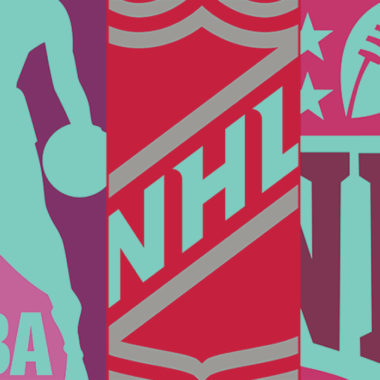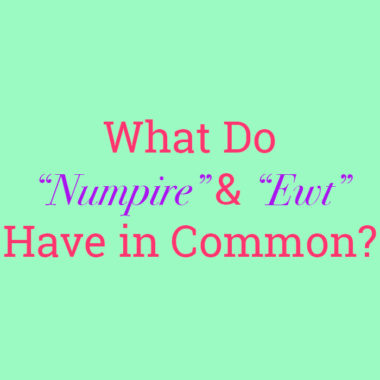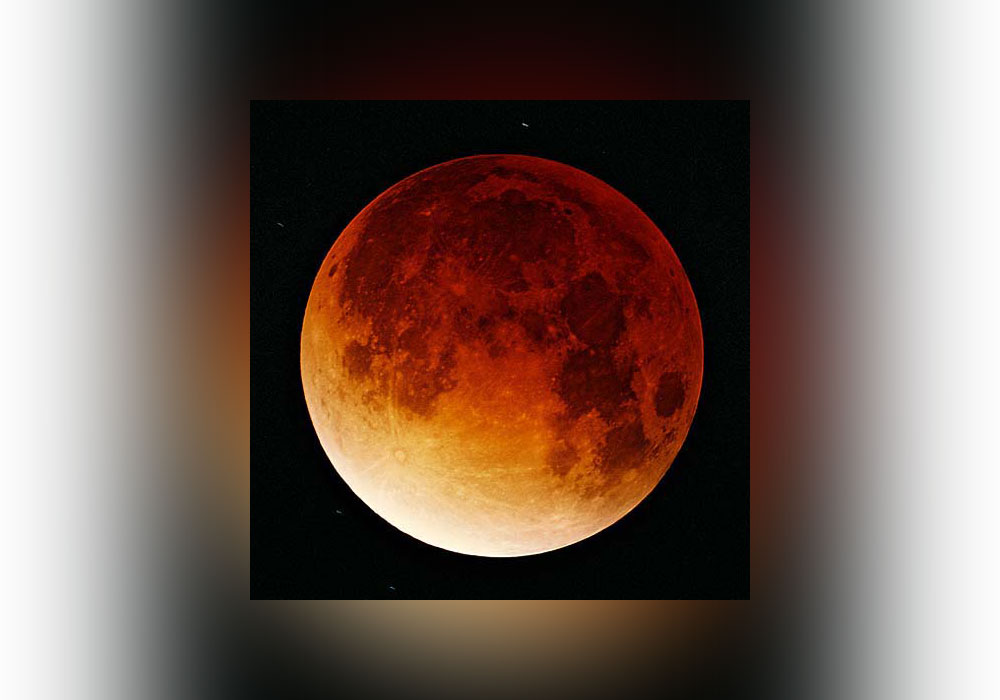These Might Be The Strangest Names In Sports
Comedian Jerry Seinfeld once said, “Loyalty to any one sports team is pretty hard to justify, because the players are always changing; the team could move to another city. You’re actually rooting for the clothes when you get right down to it.” Still, we persist in pouring our heart and soul into following our teams. So, in all this devotion, have you ever wondered where …











